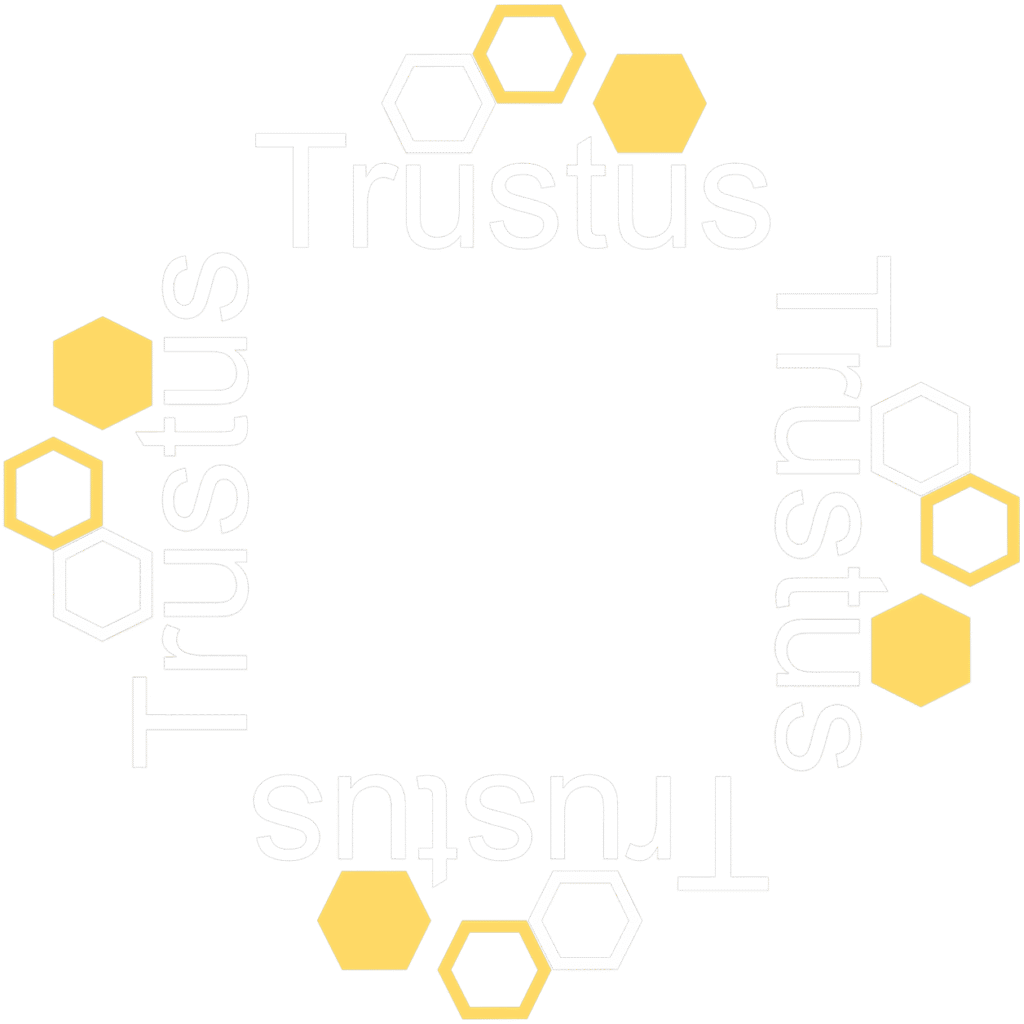Trustus Foundational Trust
End the Zero Trust Fragmentation Crisis.
Achieve Universal Security.
The Strategic Challenge
The current state of Zero Trust implementation is a security management crisis.
Instead of a cohesive framework, enterprises are trapped in a constant cycle of
integration, attempting to stitch together a brittle, multi-vendor patchwork
consisting of:
Multiple ZTNA Solutions
Separate tools for remote employee access, contractor portals, and
customer-facing applications.
Disjointed Workload Security
A mix of cloud-native controls, host-based agents, and network micro-segmentation for data centers.
Siloed Device Managements
Legacy network access control (NAC) for traditional IT and specialized tools for vulnerable IoT/OT environments.
The Exploitable Policy Seam Risk
This fractured approach creates massive
operational overhead, generates noise that
obscures real threats where security gaps
emerge as identities and data flow between
non-integrated tools.

The Anchor:
Moving Beyond the ZTNA Patchwork
Universal ZTA is defined by the use of a single, unified identity fabric. Trustus is the platform that allows you
to discard the limitations of the fragmented approach:

Feature
The Status Quo (Fragmented ZT)
Trustus Foundational Trust
(The Universal ZTA Distinction)
Control Model
Siloed policies split between ZTNA brokers and Micro-segmentation tools.
Unified Identity Fabric: A single policy engine manages all access flows—user-to-app, workload-to-workload, and device-to-network.
Trust Model
Static and Binary (Trust is established only
at the beginning of a session).
Dynamic, Continuous, and Adaptive: Trust is a real-time score that is continuously re-evaluated, adapting instantly to changes in device posture or user behavior.
Lateral Movement
Risk persists at the ‘seams’ between different vendor solutions.
Neutralized by Identity-Defined Micro-Segmentation: Access to all resources is instantly segmented and tied to the identity's trust score, making lateral movement impossible by design.
Foundational Trust Across Your Enterprise
Trustus delivers high-impact consolidation and consistent risk reduction by
unifying policy enforcement across your four most critical access domains.
Cloud:
Identity for Every
Workload
Challenge:
Trustus Value:
Fragmented identity models fail to secure non-human APIs and workloads, exposing machine-to-machine traffic.
We provide a verifiable workload identity and enforce Zero Standing Privilege and least-privilege access, stopping the lateral spread of cloud breaches caused by compromised service accounts.
Mobile & Machines:
Universal ZTA
Challenge:
Trustus Value:
Managing inconsistent ZTNA for a diverse, mobile, and remote workforce using different devices.
We deliver Universal ZTA via a unified, lightweight approach. Access is governed by a Continuous Endpoint Posture Check, ensuring the same high-security standard is applied to all user devices.
IoT & Operational Technology (OT):
The Isolation Layer
Challenge:
Trustus Value:
Vulnerable, unpatchable devices serve as the weakest link for network pivot attacks into critical infrastructure.
We assign a cryptographic identity to every device and instantly apply Identity-Defined Micro-Segmentation. This isolates the device into a "network of one," providing threat containment.

